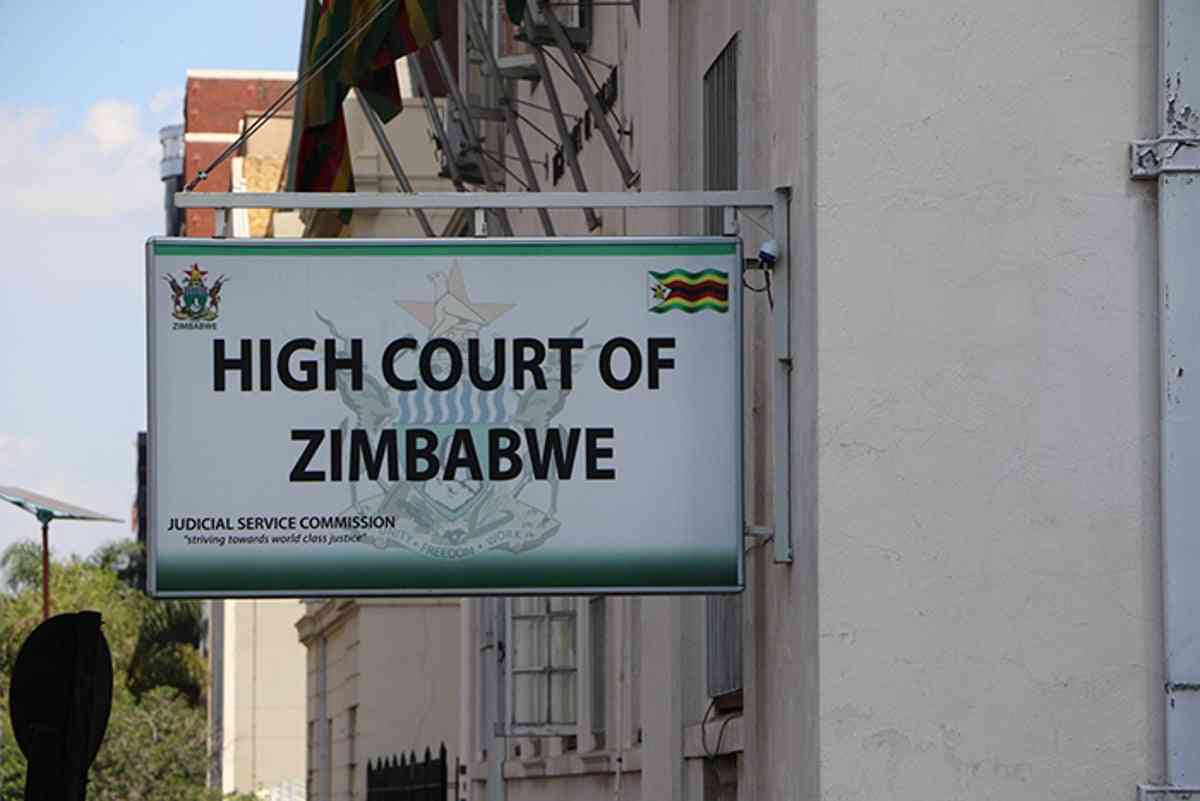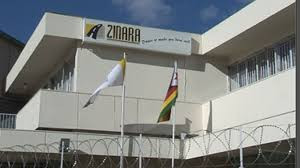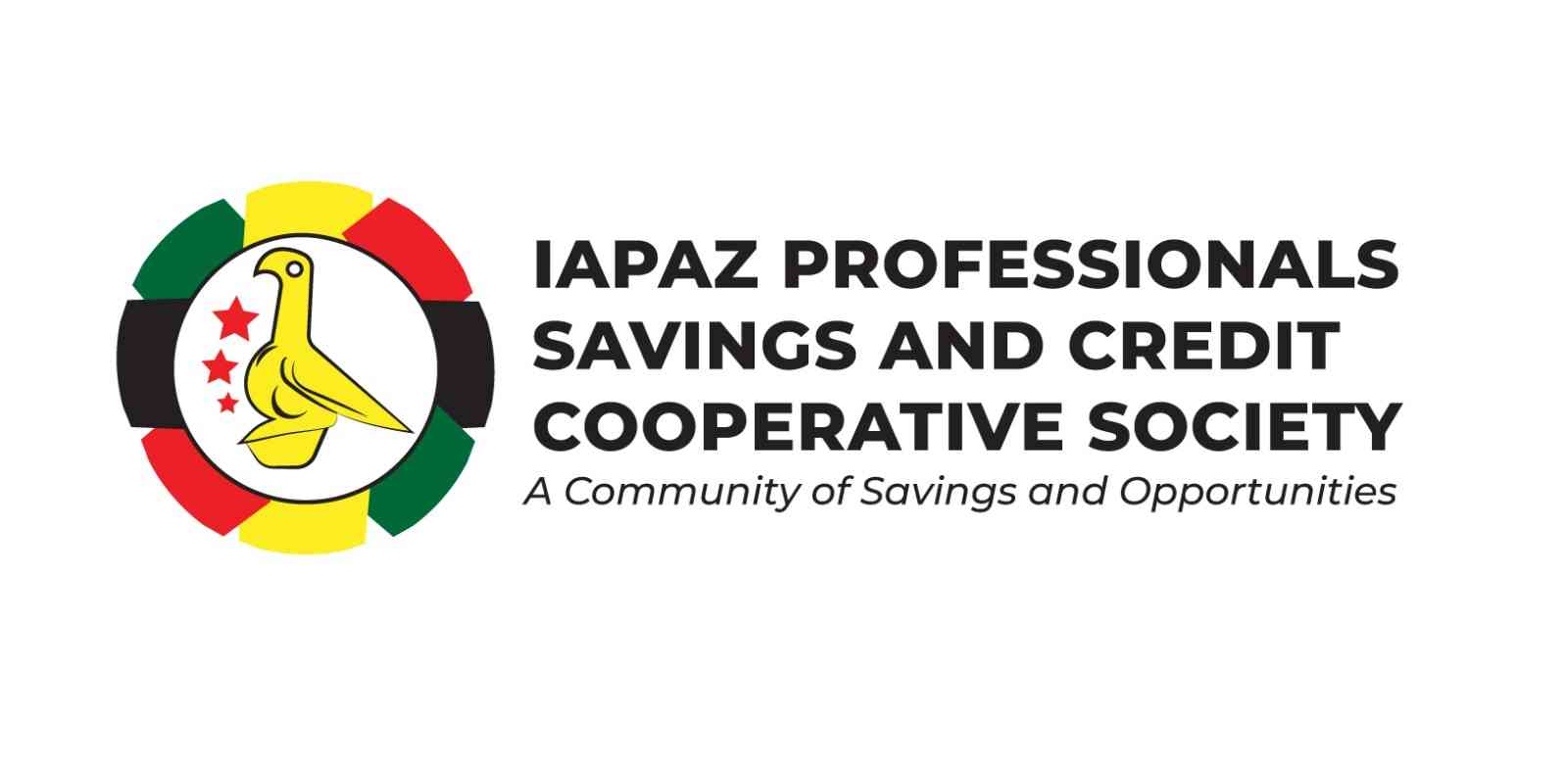
BY PRAISEMORE SITHOLE
BULAWAYO has been hit by a shortage of anti-retroviral drugs (ARVs), with patients saying the COVID-19 lockdown period had worsened the situation.
Some of the patients, who spoke to Southern Eye, said they used to get their medication once every six months, but now they are forced to access them on a monthly basis which is costly.
Last year, people living with HIV and Aids experienced difficulties in accessing second line drugs from public institutions and they were forced to buy them from pharmacies at a cost of US$25.
HIV activist Dumisani Nkomo said it was saddening that even after getting assurances that ARVs would not stock-out, patients were still experiencing difficulties in accessing them.
“We got an assurance that drugs will never stock-out but this is not the case.
“The COVID-19 pandemic is now contributing to shortages of ARVs.
“I recently went to get my supplies but I was told that they could not give me supplies that can last for six months as they were in short supply.
- Chamisa under fire over US$120K donation
- Mavhunga puts DeMbare into Chibuku quarterfinals
- Pension funds bet on Cabora Bassa oilfields
- Councils defy govt fire tender directive
Keep Reading
“I was only given supplies that can last for one month,” Nkomo said.
He said if urban areas were experiencing stock-outs of ARVs, then rural areas would be the worst affected.
“We are not looking for special treatment as we know that we are currently in the middle of the COVID-19 pandemic.
“We are just wondering what the future holds for persons living with HIV as we suspect that funds for ARVs will be diverted towards COVID-19 mitigation. “As a result of drug shortages, some young people on ARVs will end up defaulting,” he said.
Bulawayo provincial medical director Welcome Mlilo said some ARV formulation stocks were not adequate.
“Some of the formulations are not adequately stocked, so a few clients on selected regimens would receive a month’s supply instead of three to six months’ supplies,” Mlilo said.
However, he said a majority of HIV patients will continue to receive three months to six months supplies of their medication.
2019 statistics show that Zimbabwe has one of the highest HIV prevalence rates in sub-Saharan Africa at 12,8%, with 1,4 million people living with HIV.











